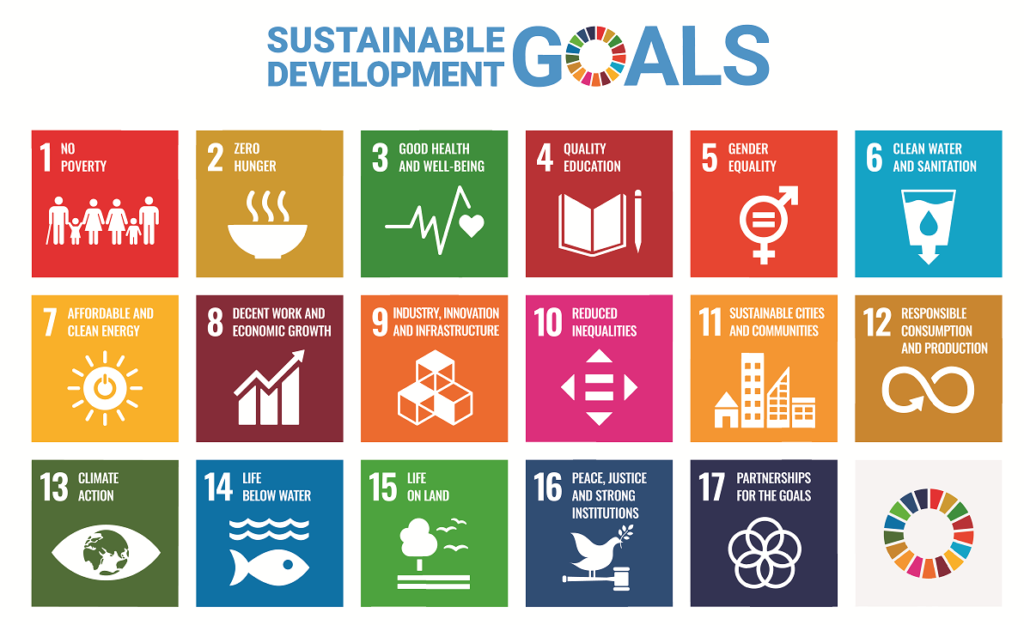Crystal Wealth Newsroom
How to turn Sustainable Development Goals (SDGs) into investment opportunities

Six years on, the SDGs have become the blueprint for achieving a better and more sustainable future for all. They address the global challenges we face, including poverty, inequality, climate change, environmental degradation and peace and justice.
The 17 goals are illustrated by the United Nations below:

While the SDGs are necessary to work towards equality, they are also crucial for investors. Each SDG represents a risk that is already presenting challenges to businesses and society, and these risks are likely to continue to grow if not addressed.
The SDGs signal important business opportunities and can guide the direction the world is headed.
Two ways that SDGs translate into actionable investment opportunities are:
Impact of product and services on SDGs
Mining is a controversial topic. However, we feel that you need to take a closer look at what is actually being extracted before making a blanket exclusion on all mining companies.
How do you view coal? Access to electricity is important to transform the world, particularly in developing nations. However, fossil fuels are responsible for approximately 40 per cent of global carbon emissions, with almost two-thirds of these emissions from coal.
If our view is that the use of coal detracts from achieving SDG 13, Climate action, we can exclude companies that have meaningful exposure to extraction or use of coal from our portfolio.
Electrification of the grid is occurring as power systems worldwide become less carbon-intensive. However, this requires raw materials. Lithium, cobalt and nickel are the most commonly used metals in creating electric car batteries. These metals are limited in supply and will be required as the world looks to decarbonise to meet climate change commitments under the Paris agreement.
The resources and material sector will be essential in delivering the necessary materials to enable the critical transformation to reduce carbon emissions. The investment implications of the world’s decarbonisation program are enormous. As many countries and corporations commit to net-zero carbon emissions targets by 2050, a massive transformation will be required to attain them. These will play out over decades.
The natural environment must be protected after the mining has been completed.
Companies engaged in controversies
SDGs provide a means to identify and mitigate risks through identifying matters to address during our corporate due diligence process.
Corporate scandals can have significant financial repercussions ranging from legal penalties to consumer boycotts. In addition, these incidents damage the reputation of both the companies themselves and their shareholders.
Building into our investment process, we have a framework that considers the severity of incidents, the corporation’s accountability and whether they form part of a pattern of corporate misconduct.
At Crystal Wealth Partners, we utilise Controversies Research to support investment decisions, including screening and engagement and managing reputational risks.
All of this can be compiled into a forward-looking assessment of how controversies are likely to evolve over the next 12 to 24 months.
